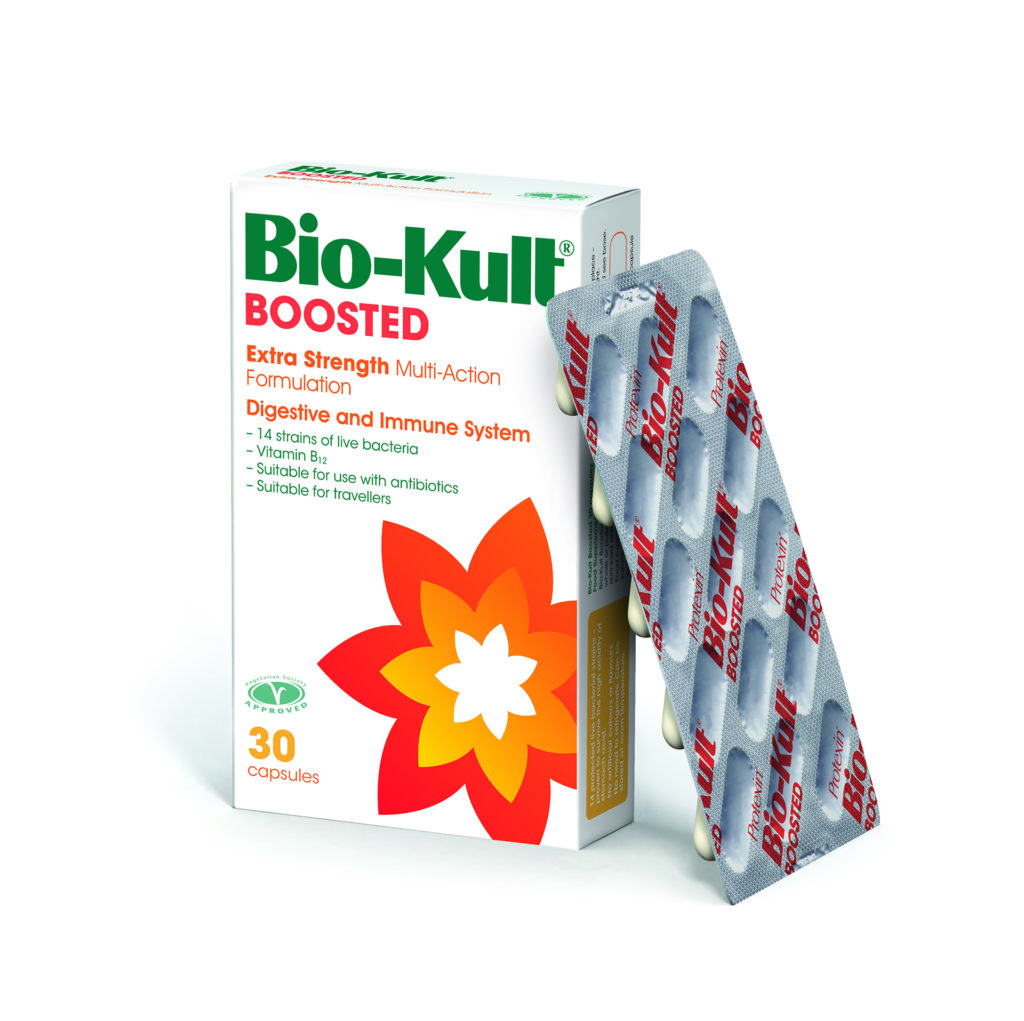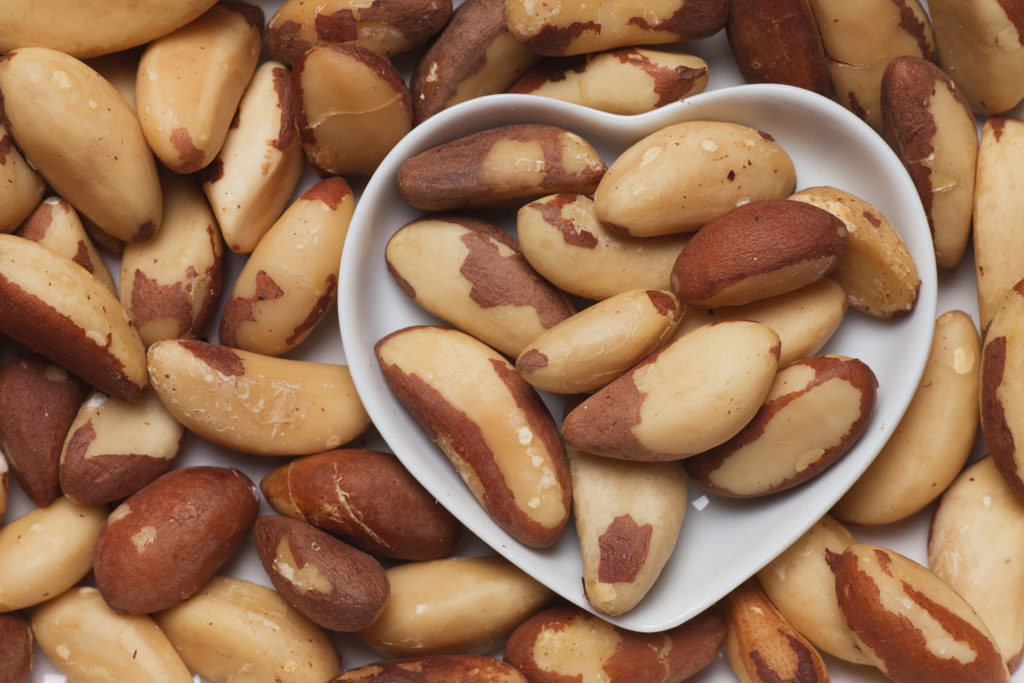6 Signs Your Immune System Needs Help

By Nutritional Therapist Hannah Braye (www.bio-kult.com)
Our immune system is an incredibly complex and vital system that requires supporting. Any of these 6 signs may suggest your immune system requires some extra support.
1 Frequent infections – Recurrent colds, tonsillitis, UTIs, thrush, athlete’s foot and fungal nail infections are all signs that the immune system isn’t functioning optimally. Our bodies are under constant attack from invading pathogens (bacteria, fungi and viruses) so it is important to support immune defences by eating a healthy diet, reduce alcohol, get active and rest well.
2 Chronic Stress –Cortisol (our stress hormone) suppresses certain immune cells, leaving us more susceptible to infections. Modern-day living can mean many experiencing stress on a chronic basis, resulting in depression of the immune system, so take time each day to support your inner-world.
3 Allergies – Allergies suggest a malfunction of the immune system, where usually harmless substances (pollen, dust or food) are misinterpreted by the immune system as being harmful, leading to an increase in IgE antibodies and the release of inflammatory substances such as histamine. If you suffer with allergies, it’s a sign that your immune system could be out of balance.
4 Antibiotic use – Approximately 70% of our immune cells reside in the gut and are supported by our gut bacteria. While antibiotics are effective at wiping out infection-causing bacteria, they also kill the beneficial bacteria. Replenishing your gut bacteria with a good quality multi-strain live bacteria supplement such as Bio-Kult Boosted (www.bio-kult.com), containing 14 different strains and vitamin B12. It could help to support your immune system during and after antibiotics.
5 Food intolerances – When the lining of our digestive tract becomes damaged (stress, alcohol, poor diet, inflammation, medications etc…) it can become ‘leaky’, allowing larger proteins from foods to enter the blood stream. The immune system views these as foreign invaders and mounts an inflammatory immune attack leading to symptoms associated with food intolerance, such as bloating, cramps or even affecting the skin and mood. Keep a food diary and jot down your symptoms.
6 Diet low in nutrients – Poor nutrition results in increased infections and slow healing. Certain nutrients are particularly important in supporting the immune system such as healthy protein, zinc, selenium, iron, copper, vitamins A, C, E, B6 and folate. Eat plenty of colourful vegetables and healthy proteins and fats (nuts, seeds, legumes, oily fish and grass-fed meats).









